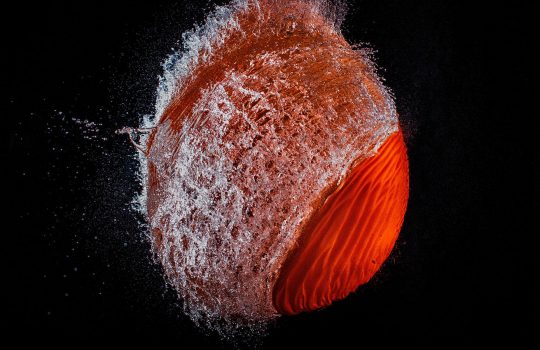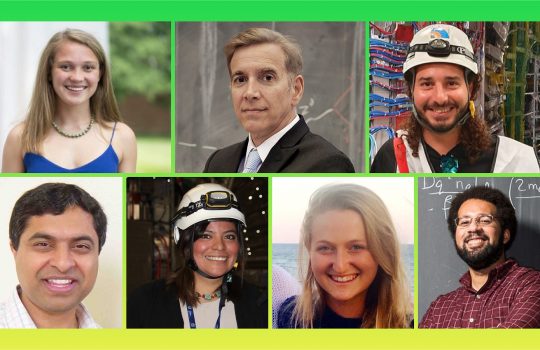SDSU professors working to answer questions about Big Bang theory
- Deep Underground Neutrino Experiment
- DUNE
- LBNF
- Long-Baseline Neutrino Facility
- neutrino
- Sanford Lab
- Sanford Underground Research Facility
- South Dakota
- South Dakota State University
From News at South Dakota State, Feb. 25, 2020: Two South Dakota State University professors are part of an international team of scientists and engineers working to uncover details about how the universe was formed. Stephen Gent and Greg Michna are using SDSU’s high-performance computing cluster to predict how argon circulates within the particle detectors to be constructed one mile beneath the earth’s surface. The detectors are for Fermilab’s Long-Baseline Neutrino Facility/Deep Underground Neutrino Experiment, which will be installed in the Sanford Underground Research Facility in Lead, South Dakota.


